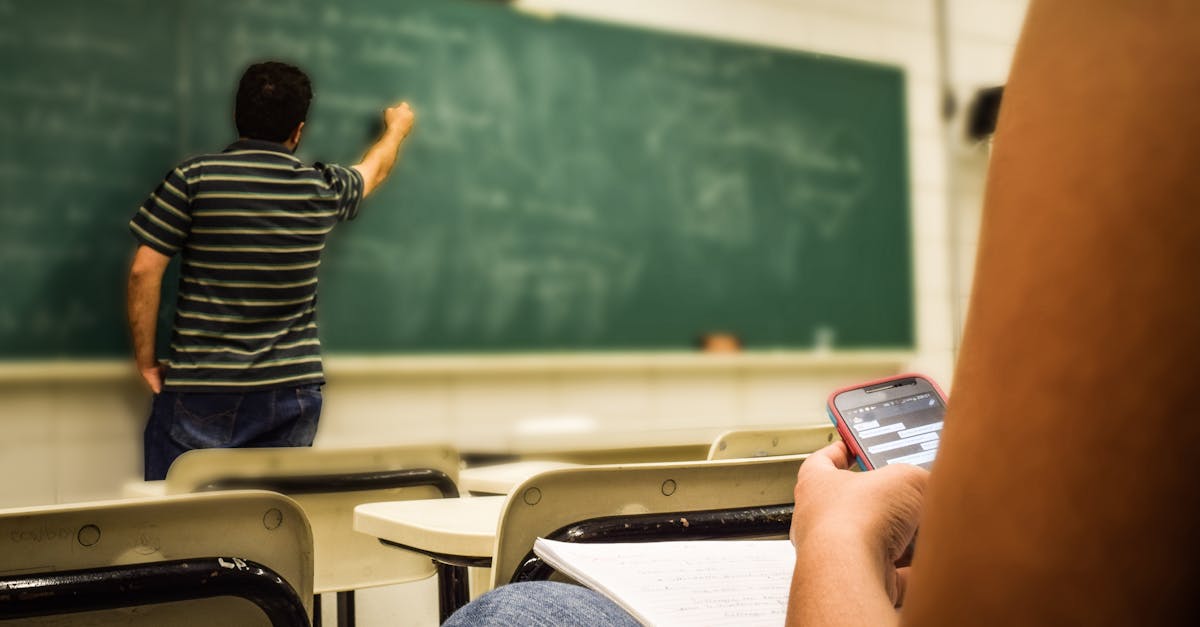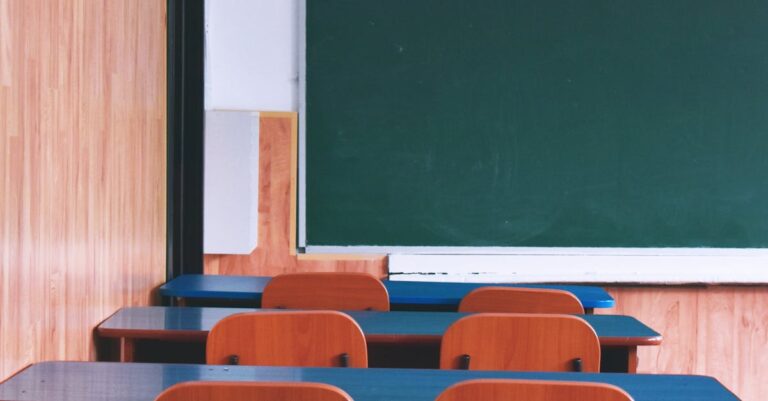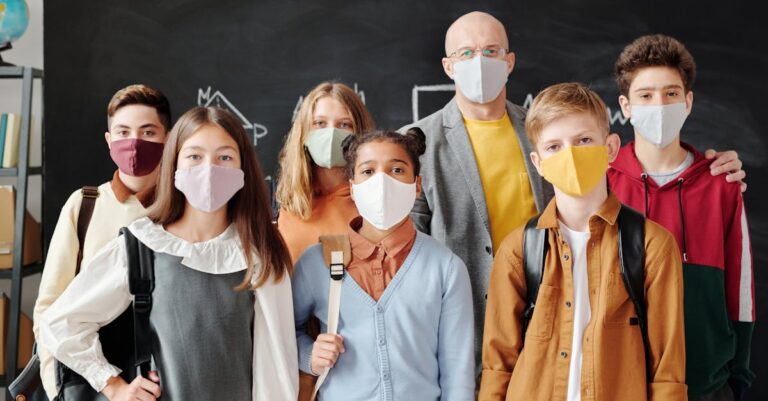
In the realm of public schools, the debate over taxes has long been a bitter pill to swallow. As parents, students, and educators grapple with the ever-increasing financial burdens placed on these institutions, certain contentious issues have come to the forefront, highlighting the stark disparities and controversial policies within our education system.
One such point of contention revolves around the implementation of bans within public schools. From bans on certain clothing items to bans on cell phones and even bans on certain language or forms of expression, these restrictive measures have raised eyebrows and sparked fierce debates. Proponents argue that bans serve to maintain order and discipline, creating a conducive learning environment. However, detractors see these bans as stifling creativity, individuality, and freedom of expression, ultimately hindering the educational experience for students.
Another hot-button topic within public schools is the enforcement of dress codes. While dress codes are often instituted under the guise of promoting professionalism and modesty, they have been criticized for perpetuating gender stereotypes, body shaming, and infringing on students’ rights to self-expression. The rigid enforcement of dress codes has led to countless instances of students being reprimanded or even punished for minor infractions, sparking outrage among parents and students alike.
Furthermore, the ongoing debate between Nassau and Flagler counties regarding the allocation of tax dollars has only added fuel to the fire. As these two counties jockey for resources and funding, disparities in educational opportunities and outcomes have become glaringly apparent. While Nassau may boast higher property values and tax revenue, Flagler struggles to provide adequate resources for its students, resulting in an imbalance that perpetuates inequality and widens the gap between affluent and disadvantaged communities.
In the face of these troubling realities, it is essential for stakeholders to engage in open dialogue and constructive discourse to address these pressing issues. Public schools should prioritize inclusivity, diversity, and equity, striving to create a nurturing environment that fosters learning and growth for all students, regardless of their background or socioeconomic status.
As we navigate the complex landscape of public education, it is imperative that we confront these bitter truths head-on, advocating for meaningful change and a more equitable system that upholds the principles of fairness, justice, and opportunity for all. Only through solidarity and collective action can we hope to build a brighter future for the next generation of learners.









Ha, bans in school are like trying to control a bunch of wild cats! One minute you’re banning cell phones, the next you’re banning certain words – what’s next, a ban on breathing? Gotta love the chaos of it all! But hey, in all seriousness,
Uhhhh, yeah, I think like, it’s super important for us to like, support each other and stuff and, like, talk about the problems in our schools, you know? We gotta like, stand up for what’s right and stuff and make sure everyone has a fair chance, you know? It’s like, not cool how some schools have way more money than others, we
oh yeh taxes can be really confusin and stuff and like bans in schools can be so annoyin but yeh we gotta make sure everyone has a good learnin experience right? i think we all gotta work together to make schools better for all kids no matter where they come from or what they
I think that taxes and public schools are a big issue that gets everyone all worked up. Some people think that the bans in schools are good for keeping things in line, but others say it takes away from students’ creativity and freedom. The dress codes are also a big deal because they can make
Man, taxes and public schools, am I right? It’s like a never-ending saga of drama and debate. And then there’s all these bans and dress codes causing a ruckus. Can’t we all just get along and focus on giving students a fair shot at learning without all these restrictions? Also, the disparity in funding between counties is just plain unfair. Education should be a level
OMG, like, I totally agree that schools should be, like, more open and stuff? We gotta, like, support all the students and make sure
OMG, banning cell phones in school? That’s like taking away a limb for teenagers nowadays! 📱But seriously, dress codes can be a touchy subject
Dress codes, bans, taxes, oh my! It’s like a public school drama series unfolding before our very eyes. Next episode: “The Great Tax Showdown of Nassau vs. Flagler.” Stay tuned for the nail-biting debates and scandal